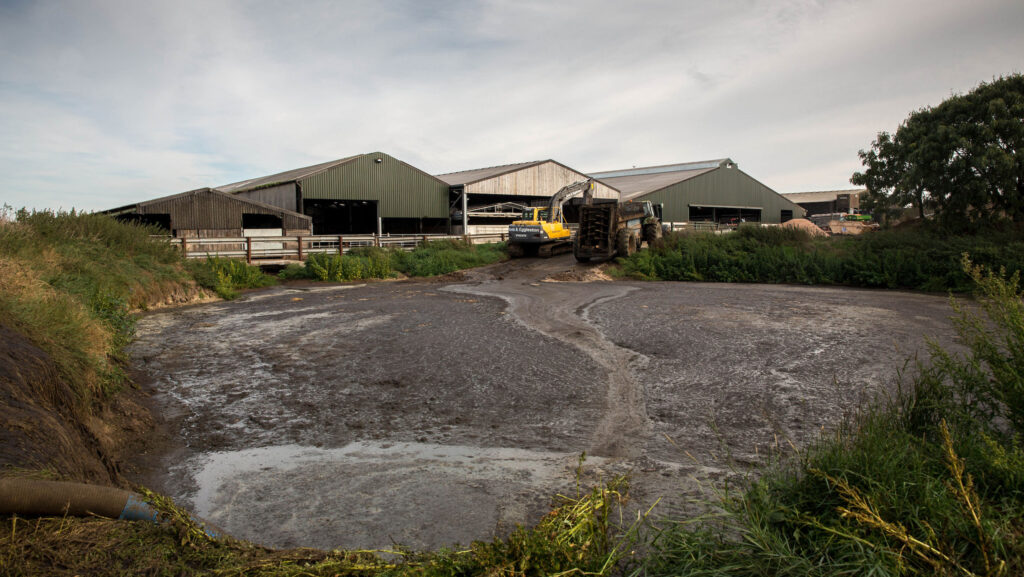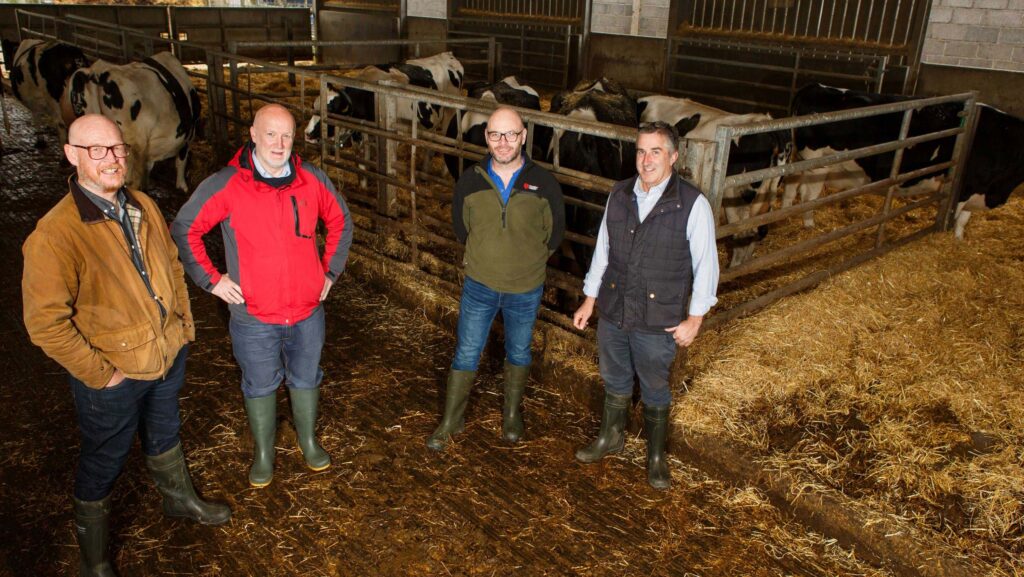Welsh project seeks to make carbon-absorbing biochar from slurry
 © Tim Scrivener
© Tim Scrivener Converting slurry into carbon-absorbing biochar could help Welsh farmers meet new pollution control regulations.
The concept of making biochar from manure is not new, but a project in Wales backed by a £50,000 grant from Innovate UK could extend this process to slurry too.
See also: Can climate change champion biochar match its potential?
Anglesey-based business consultancy firm Lafan and experts at Coleg Sir Gȃr in Carmarthenshire have teamed up to develop this model, and are on the brink of testing it, analysing if the economics stack up.
Biochar has never been produced from livestock slurry before.
But by separating the solids and applying a dewatering processes developed at the college farm, this is now possible, says lead consultant at Lafan, John Owen, who previously worked at Coleg Sir Gȃr.
The residue could be heated at high temperatures, over 400C, to turn it into biochar, pure carbon which can be stored below ground in a carbon capture scheme, he says.
“In this form, biochar stores carbon for thousands of years.
“It can also provide a host of agricultural and environmental benefits, as a soil enhancer and growing medium, an animal feed supplement, or as a slurry additive to reduce methane emissions.”

John Owen, Lafan lead consultant, with the team from Coleg Sir Gar; Neil Nicholas, research coordinator, Huw Davies, farm manager, and John Griffiths, head of research and development © Gruffydd Thomas
Processing plant
The first biochar using this concept will be produced at a processing plant in Welshpool, Powys.
“We believe the process to create biochar will work – we just have to see how the economics of the process stack up,” said Mr Owen.
He believes it has “massive” potential to benefit rural Wales.
“Slurry is stored on farms for use on fields, but from this month new regulations have come into force prohibiting the spreading of slurry during the designated closed period.
“If, instead, it is used to produce biochar, there are many more lucrative options,” he said.
“Microsoft and other big multi-nationals are investing billions in carbon capture.
“This could provide a new income stream for farmers – there won’t just be tankers calling to collect milk, but also to take slurry to be processed which will provide a new income stream,” Mr Owen predicted
As well as money from government agency Innovate UK, the project is also being backed by Welsh food wholesaler Castell Howell Foods as it looks at ways of reducing its carbon footprint.
